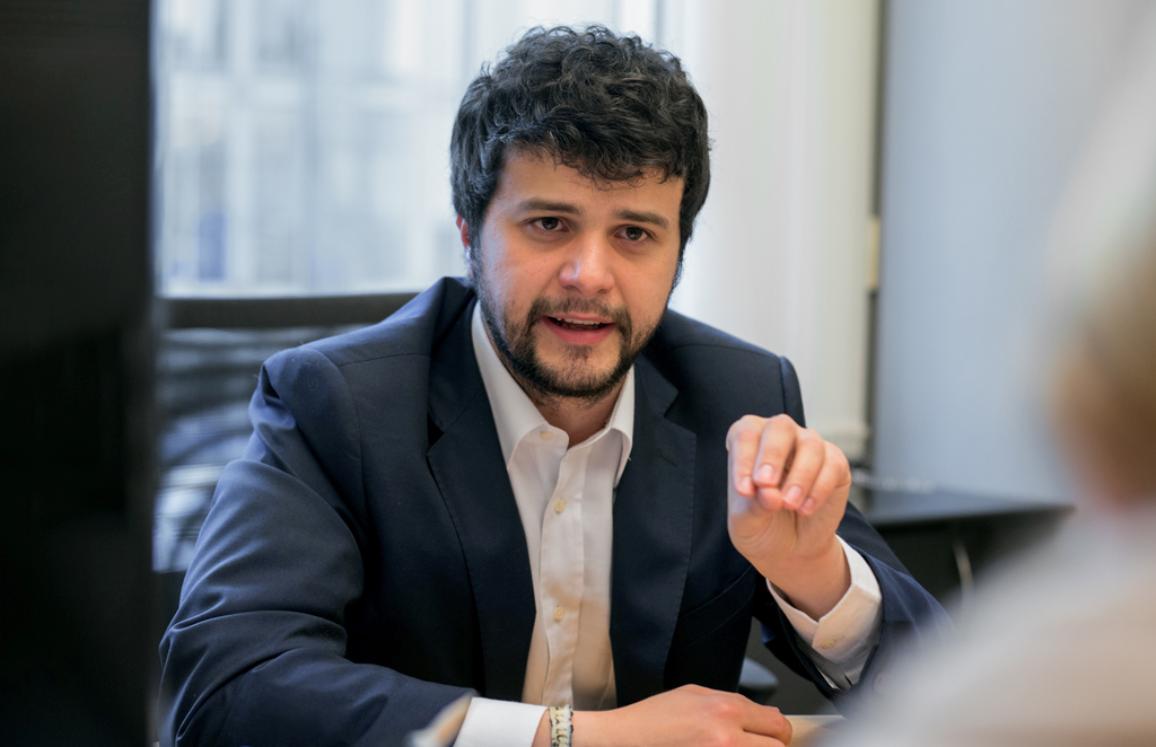by Eldar Mamedov
When EU leaders met with their Arab counterparts at the first EU-League of Arab States (LAS) summit in Cairo in February, they were criticized for embracing the Arab autocrats too tightly and uncritically. Although the final statement—the Sharm El-Sheikh summit declaration—made reference to human rights, its title Investing in Stability revealed where the real priorities lie.
This privileging of “authoritarian stability” above everything else, however, by no means enjoys the consensus in the EU. Last week, the European Parliament adopted, by 408 votes to 108, with 90 abstentions, the report on the post-Arab Spring Middle East and North Africa (MENA) region. The motion, drafted by Brando Benifei, an Italian Socialist member of the Foreign Affairs committee, could not strike a more different tone from the EU-LAS final statement.
The report questions the very wisdom of relying on authoritarian regimes, pointing to their inherent fragility, which was fully on display during the original Arab Spring. Instead, it stresses that “democracy, trust in institutions, and sustainable development lie at the heart of a resilient state” and long-term security and stability.
Indeed, the record of the post-Arab Spring strongmen in the region does not invite much optimism. In Egypt, President Abdel Fattah Al-Sisi´s regime is in many ways even more ruthless than the dictatorship of his predecessor, Hosni Mubarak. This violence, including periodic attacks on the Christian Copts, continues unabated, even though the regime, which came to power in a military coup against a democratically elected government in 2013, promised to restore safety for Egyptian Christians. And the Sinai Peninsula is a de-facto area of low-level insurgency, fueled to a large extent by the regime’s own scorched-earth tactics against the militants.
Meanwhile, even if Egypt enjoys healthy economic growth of 5 percent, the benefits are hardly felt in society at large, especially among the youth. Much like during Mubarak’s times, corruption, nepotism, and lack of accountability continue denying economic opportunity to the vast majority of the Egyptians. All key ingredients that led to a revolution in 2011—repression, high levels of youth unemployment, and social exclusion—are still present.
Elsewhere in the region, the ongoing protests in Algeria forced the country’s long-serving president, Abdelaziz Bouteflika, to renounce running for a fifth term and announce his resignation. Syria’s Bashar al-Assad may have prevailed militarily in the country’s civil war, but the scale of his regime’s atrocities will likely undermine his ability to govern in the long term. Monarchies in Jordan and Morocco are forced to perform a delicate balancing act between some modest openings and keeping a lid on their increasingly restive populations.
To secure their continuing grip on power in the post-Arab-Spring world, the regimes, with the happy exception of Tunisia, have sought to redefine the social contract that bound them with the citizens. In previous decades, this contract involved providing public services in exchange for acquiescence to authoritarian rule. Now, security is the main such good. Chaos and state failure in places like Libya, Syria, and Yemen are supposed to cow the populations into submission. However, as the examples of Egypt and Algeria show, the authoritarian status quo is inherently unstable, and the ruling regimes are much more vulnerable than the image they intend to project.
The European Parliament has recognized this reality by explicitly rejecting the notion that stability can only be achieved through suppression of dissenting voices. Instead, MPs emphasize the need “to engage in dialogue with all political actors in the MENA countries.” This has particular implications for relations with the Muslim Brotherhood. The Arab regimes and their Western supporters spend a lot of time demonizing the Muslim Brotherhood. However, the EU is not going to follow Egypt, UAE, Saudi Arabia, and Bahrain in designating the Brotherhood a terrorist organization.
As if to reinforce this point, the EP warns that the “narratives and financing coming from the Gulf countries” are “in conflict” with the EU objectives in the region. Indeed, the majority rejected amendments to the report that promoted those very narratives, such as associating the Arab Spring with the rise of terrorist organizations like the Islamic State, praising the “moderating influence” of Egypt, Morocco, and Jordan and pinning all the blame for the region’s troubles on the Middle East hawks’ favorite bogeyman, Iran. Tellingly, these amendments were tabled by representatives of far-right forces, thus strengthening the unholy alliance between Arab dictators and Western Islamophobes.
Instead, the MPs call on the European External Action Service (EEAS) and member states not to sacrifice human rights for the sake of short-term gains. They also urged a halt to exports to the region of any technology and equipment that the regimes could use for domestic repression.
This does not mean that the European Parliament advocates cutting ties with Arab regimes. Diplomacy involves maintaining relations with unsavory actors. And the EU needs them, at the very least, to manage the challenges of irregular migration and terrorism. But, for the sake of consistency and credibility, the EU could apply to the Arab dictatorships the same standard it does to Iran: pragmatic engagement in areas of common interest but active disapproval of human rights abuses, including through targeted sanctions. It could be argued that EU relations with Arab regimes are much closer than with Iran, and therefore EU interests may suffer as consequence of a more critical approach. This, however, cuts both ways: these regimes are keen on external recognition and legitimization of their policies, which they hope to receive from Europe, among others. The EU should use this as a leverage to extract concessions on the most egregious forms of repression.
Although beyond the scope of the Benifei report, the EU would be more effective in promoting better governance and greater respect for human rights in MENA countries if it preached by example. Arab peoples and elites alike closely observe the rise of far-right populists, authoritarian tendencies in Hungary and Poland, and EU travails over migration . Ultimately, strengthening liberal democracy at home would do the most for the universal appeal of this form of governance.
This article reflects the personal views of the author and not necessarily the opinions of the S&D Group and the European Parliament.






Secretary of State Rice in Cairo speech in 2005: “For 60 years, my country, the United States, pursued stability at the expense of democracy in this region here in the Middle East — and we achieved neither. Now, we are taking a different course. We are supporting the democratic aspirations of all people”
Then the US backed Sisi and looked the other way at the Rabaa massacre, the largest massacre of unarmed demonstrators in a single day
Ex-colonizers still prefer a one person ruller to continue their de-facto crypto-colonization. In their capitalistic pragmatism, democracy is good but only where and when it favours their companies!
“Syria’s Bashar al-Assad may have prevailed militarily in the country’s civil war, but the scale of his regime’s atrocities will likely undermine his ability to govern in the long term.”
A telling comment, which shows that the author is just another western propagandist.
More crap from the machine.
@Cyrus — She lied. The U.S. has pursued stability through supporting bloody handed tyrants since at least the days of McKinley. Incursions by Marines were common in the early part of the 20th Century. For some reason they became less common in the second half of the century, but not, unfornately, unknown.